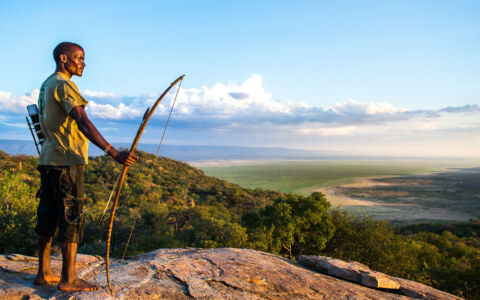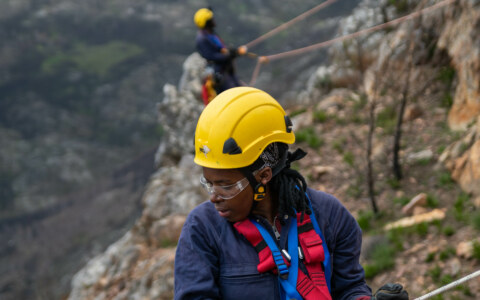IGREENFIN BY IFAD
IGREENFIN BY IFAD
Project Overall Goal
The programme supports Public Development Banks in five African countries to finance the transition toward a greener financial system for increased investment in low carbon emission and climate resilient smallholder agriculture. The programme has a three-pronged approach, a Green Financing Facility provides concessional debt for on-lending, a technical assistance facility and a regional support facility, funded by concessional loans and grants from variety of multi-lateral development partners.
Executive Summary
Inclusive Green Financing Initiative (IGREENFIN) is an IFAD programme focused on attaining climate mitigation and adaptation benefits and socioeconomic co-benefits through increasing African smallholder farmers’ access to affordable credit. It builds on a previous IFAD project in Niger to expand it to five African countries (Burkina Faso, Mali, Senegal, Cote d’Ivoire, Ghana) in Phase I, and a further seven in Phase II. The programme also builds on the Great Green Wall Initiative (GGWI), which was launched in 2007 by the African Union and integrated environment and natural capital into the development agenda of the focus countries.
The programme aims to improve the resilience and adaptive capacity of FOs, cooperatives, and MSMEs in the focus countries by removing barriers to access to finance, accelerating the creation of a green finance market, and promoting the uptake of green agriculture practices and technologies. The programme consists of three components, a “Green Business Financing Facility” that will provide funds for on-lending to select Local National Agricultural Banks (LNABs), a technical assistance component, and a regional support programme to increase learning and innovation across the region. The programme is supported by the GCF (59%), and the remainder by other donors, including IFAD and the LNABs acting as intermediaries for the on-lending.
The programme addresses access to affordable credit, a common constraint for smallholder farmers across countries, and is likely to be replicable across Africa and beyond.







